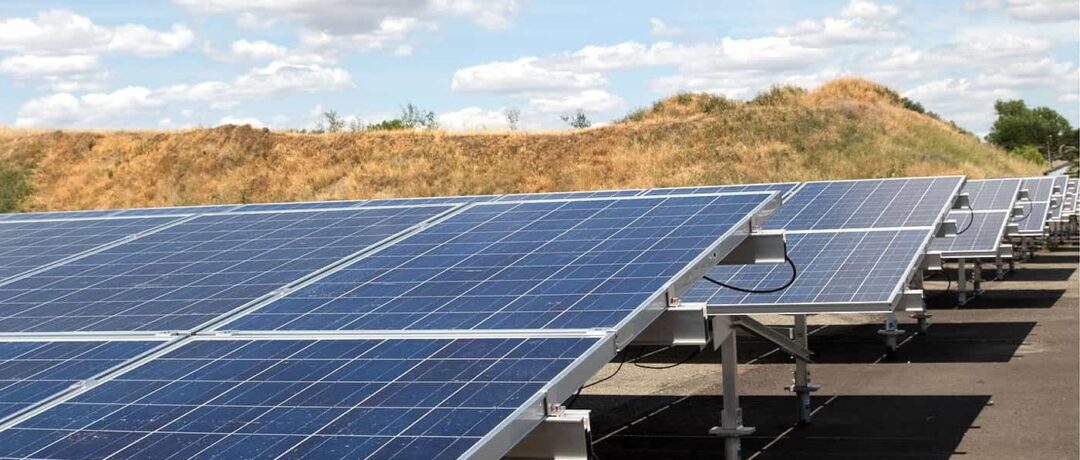In recent years, the number of solar panel installations has increased dramatically. As a matter of fact, according to research, new US solar installations soared 45% in the second quarter of 2021. And they are only going to go up in 2022, with more and more homeowners opting for solar panels. But despite the number of people giving solar energy a try, there are many who are still on the fence due to its costs. More specifically, due to their required initial investment, people are wondering one single thing — will solar panels pay for themselves? Luckily, we are here to take a deeper look at solar panels and see if they can provide a reliable return on investment.
How Can Solar Panels Pay For Themselves?
Generally speaking, solar panels can pay for themselves, especially for smaller and medium-sized homes. How? Simply put, by using solar panels, you reduce your electricity bill, which allows you to save money. Over time, that amount of money you save will add up, eventually surpassing the initial installation cost of your solar power system.
However, it’s important to remember that in addition to installation costs, there are also maintenance costs. Besides cleaning the panels regularly, batteries and inverters will need to be replaced after a few years of use. As a result, it may take a couple of years for your solar panels to pay for themselves.
What Is The Payback Period?
As previously mentioned, solar panels can get you your money back. Yet, the trickier question is how long it will take for that to happen. That’s where the solar plane payback period comes in, which is the amount of time it’ll take you to pay off your solar energy system through savings on your electric bill.
It is usually calculated by subtracting monthly electric bill savings and any solar incentives from the total installation cost. For instance, if you spend $17,000 on a solar energy system and you get a tax reduction of $3,000, the installation cost is $14,000. Then, if your solar panel system reduces your electricity bill by $1,600 per year, your payback period will be eight to nine years. Keep in mind that this applies only if your electricity rates don’t increase later down the line.
What Is a Good Payback Period?
Whether a payback period is good depends mostly on the longevity of your solar panels. As an example, most photovoltaic panels should last at least 25 years, with some variants lasting significantly longer than that. Therefore, any payback period of less than half that time, which is 12.5 years, is seen as a good period.
It’s also worth noting that your payback period also depends on the state that you live in. Why? Because the cost of solar panel installations can differ drastically from one state to another. Additionally, some states offer their own incentives for homeowners to switch to solar energy, which reduces the payback period. Not only that but the quality of equipment used, roof age and composition, and the use of a solar loan can also affect the payback period.
Final Thoughts
Will solar panels pay for themselves? — the answer is a strong yes. However, there are a lot of things that go into the amount of time needed to get a return on investment. But eventually, no matter how much money you originally invested, you will get it back thanks to energy bill savings.
So, what do you say? Are you ready to give solar energy a try? Then head on over to Atlantic Key Energy, request your free quote, and relax while our experts come up with the best solar power solution for your home!
Take a Peak and Read These Helpful Solar Topics
How Big is a Solar Panel?
How Many Solar Panels Would You Need to Power the United States?
Do Solar Panels Work on Cloudy Days?





